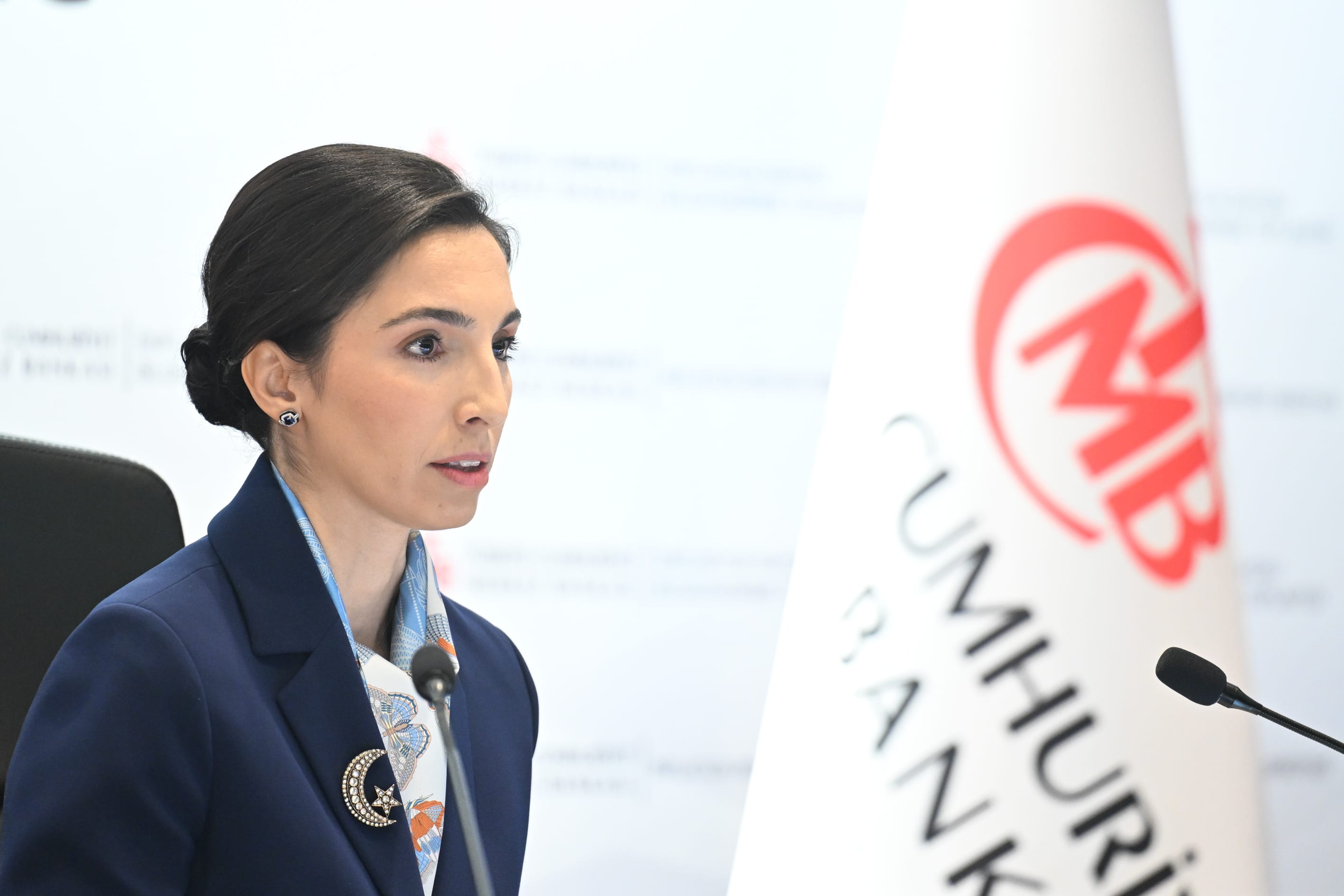Our in-depth analysis and research has resulted in this guide to provide a clear understanding of the Boj Tăng Lãi Suất: Ngân Hàng Trung Ương Nhật Bản Thắt Chặt Chính Sách Tiền Tệ and its implications.
| Feature | Before | After |
|---|---|---|
| Interest rates | 0.1% | 0.5% |
| Monetary policy | Expansionary | Neutral |
| Impact on inflation | Rising | May moderate |
Transition to main article topics:
FAQs
The Bank of Japan has tightened its monetary policy, raising interest rates for the first time in years. This move has sparked several questions and concerns among the public.

Ngân hàng trung ương Singapore giữ nguyên chính sách tại cuộc họp quý - Source vicongly.com
Question 1: Why has the Bank of Japan raised interest rates?
The Bank of Japan has raised interest rates in an attempt to curb rising inflation, which has exceeded the central bank's target of 2%. Inflation has been driven by factors such as supply chain disruptions, the war in Ukraine, and a weaker yen.
Question 2: What impact will this have on the economy?
The impact of interest rate increases on the economy is multifaceted. Higher interest rates can help reduce inflation, but they can also slow economic growth. Businesses may be less willing to invest when borrowing costs are higher, and consumers may spend less.
Question 3: Will interest rates continue to rise?
The future path of interest rates is uncertain. The Bank of Japan will likely continue to monitor inflation and economic data to determine whether further rate increases are necessary.
Question 4: What does this mean for borrowers?
For borrowers, higher interest rates mean higher monthly payments on loans and mortgages. This can put a strain on household budgets.
Question 5: What does this mean for savers?
For savers, higher interest rates offer the potential for higher returns on savings accounts and other investments. However, it is important to note that rising interest rates can also lead to higher inflation, which can erode the purchasing power of savings.
Question 6: What other measures is the Bank of Japan considering?
The Bank of Japan is also considering other measures to address inflation, such as quantitative tightening, which involves reducing the amount of money in circulation by selling government bonds.
Summary: The Bank of Japan's interest rate hike is a significant policy shift that is intended to address rising inflation. The impact of this move on the economy is uncertain, and the central bank will likely continue to monitor economic data to determine whether further rate increases are necessary.
Next: The Bank of Japan's decision has implications for both borrowers and savers. Borrowers will have to pay higher interest rates on their loans, while savers may benefit from higher returns on their investments.
Tips on Tightening Monetary Policy by the Bank of Japan

BoJ (Bank Of Japan) - Guide épargne et placements pour 2021 - Source www.francetransactions.com
The Bank of Japan (BoJ) recently raised interest rates for the first time in decades. This move, which marks a shift in the BoJ's ultra-loose monetary policy, could have significant implications for the Japanese economy and global financial markets. Here are some tips to consider in light of this development:
Tip 1: Understand the reasons behind the rate hike.
The BoJ's decision to raise interest rates was motivated by several factors, including rising inflation, a weakening yen, and concerns about the sustainability of its ultra-loose monetary policy. By increasing interest rates, the BoJ aims to curb inflation, stabilize the yen, and encourage economic growth.
Tip 2: Monitor the impact on the Japanese economy.
The rate hike is expected to have both positive and negative effects on the Japanese economy. On the positive side, it could help to reduce inflation and stabilize the yen. However, it could also lead to higher borrowing costs for businesses and individuals, slowing economic growth.
Tip 3: Assess the global market implications.
The BoJ's rate hike could have implications for global financial markets. A stronger yen could make Japanese exports more expensive, potentially impacting trade between Japan and other countries. Additionally, investors may adjust their portfolio allocations in response to the shift in monetary policy.
Tip 4: Stay informed about further policy changes.
The BoJ's rate hike is likely to be followed by further policy adjustments. It is important to stay informed about these changes and their potential impact on the economy and financial markets.
Tip 5: Consider the long-term implications.
The BoJ's shift in monetary policy is a significant event that could have long-term implications for the Japanese economy and global financial markets. It is important to consider these implications when making investment decisions or assessing economic forecasts.
In conclusion, the BoJ's rate hike is a pivotal development that warrants attention. By understanding the reasons behind the hike, monitoring its impact on the economy, assessing the global market implications, staying informed about further policy changes, and considering the long-term implications, individuals and businesses can make informed decisions and navigate the evolving financial landscape effectively.
For a more comprehensive analysis of this topic, refer to the article in the link below:
Boj Tăng Lãi Suất: Ngân Hàng Trung Ương Nhật Bản Thắt Chặt Chính Sách Tiền Tệ
Boj Tăng Lãi Suất: Ngân Hàng Trung Ương Nhật Bản Thắt Chặt Chính Sách Tiền Tệ
The Bank of Japan's (BoJ) interest rate hike represents a significant shift in the country's monetary policy, impacting various economic and financial aspects. Six key dimensions to consider include:
The BoJ's decision underscores the challenges central banks face in balancing economic growth with inflation control. The consequences of interest rate hikes are complex and interconnected, requiring careful consideration by policymakers and market participants.

BOJ-TT - LTTCTT - III. So sánh BOJ với SBV ( Ngân hàng Nhà nước Việt - Source www.studocu.com
Boj Tăng Lãi Suất: Ngân Hàng Trung Ương Nhật Bản Thắt Chặt Chính Sách Tiền Tệ
The Bank of Japan (BoJ) has raised interest rates for the first time in over a decade, marking a significant shift in the country's ultra-loose monetary policy. This move was made in response to rising inflation, which has been driven by a combination of factors including supply chain disruptions, soaring energy prices, and a weaker yen.

Ngân hàng Trung ương Thổ Nhĩ Kỳ tăng lãi suất cơ bản lên 35% - Source vicongly.com
The BoJ's decision is a delicate balancing act, as it seeks to control inflation without derailing economic growth. However, the central bank has faced criticism for keeping interest rates too low for too long, which has contributed to asset price bubbles and widening wealth inequality.
The impact of the BoJ's rate hike will be closely watched by financial markets around the world, as it could have implications for global interest rates and economic growth. The move is also likely to increase the cost of borrowing for Japanese businesses and consumers, which could put a damper on spending and investment.
Overall, the BoJ's rate hike is a significant development in Japan's monetary policy and could have far-reaching implications for the country's economy and financial markets.
Conclusion
The BoJ's rate hike is a significant policy shift that highlights the challenges central banks face in managing inflation in a post-pandemic world. The move is likely to have a ripple effect on global financial markets and could potentially impact the path of economic growth in Japan and beyond. It is a developing story, and it remains to be seen how the BoJ's decision will impact the Japanese economy and its financial markets.



